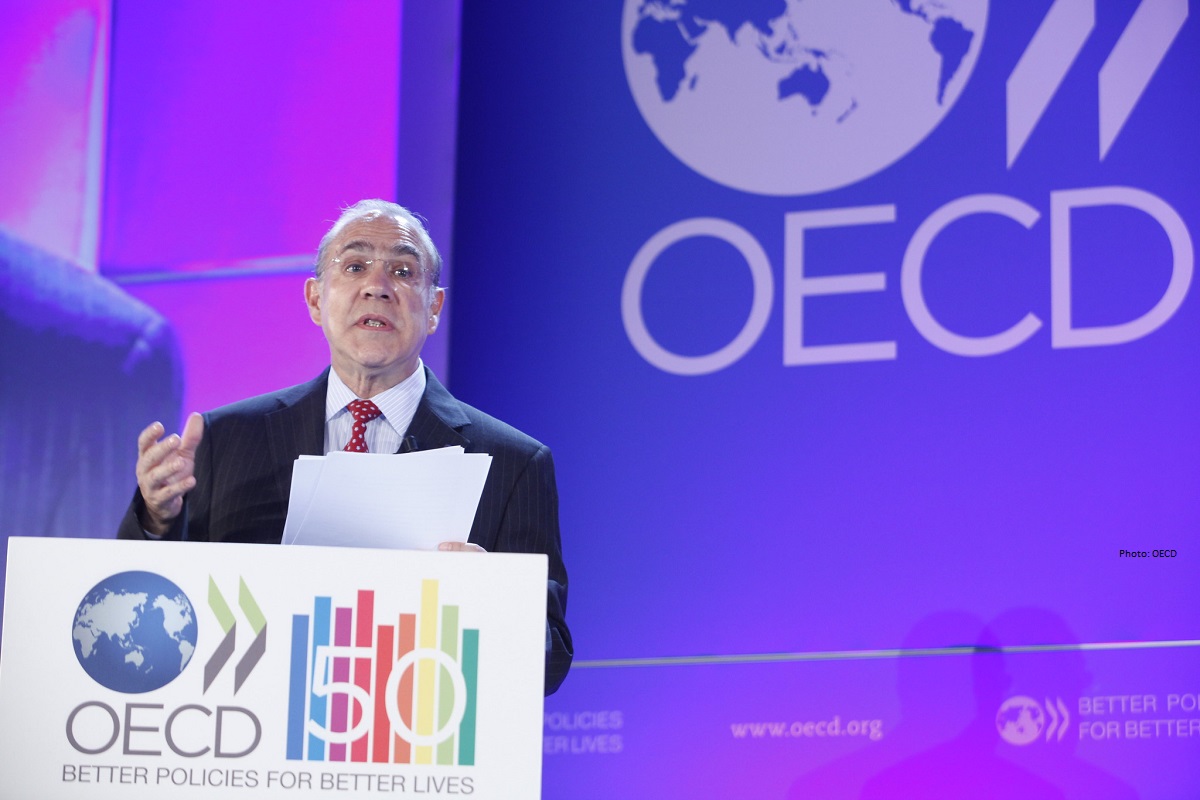Latest Data Released, OECD Highlights Multinational Company Profit Shifting
Friday, 10 July 2020

PARIS. The Organisation for Economic Cooperation and Development (OECD) released the latest data on corporate tax "Corporate Tax Statistics" on 8 July, 2020. The data contains aggregate and anonymous statistics from data collected under BEPS Action 13 Country-by-Country Reports (CbCR).
For information, BEPS Action 13 states that multinational companies with a minimum income of USD 750 million, are required to submit CbCR transfer pricing documentation to the OECD. The CbCR includes a variety of aggregate data on global taxes and the economic activities of multinational companies, including income before income tax (PPh), income tax paid (based on cash), current year income tax arising, income of unrelated and related parties, the number of employees, tangible assets and the company's main business activities.
The CbCR also provides information needed by tax authorities to analyze the behavior of multinational companies with the aim of assessing risk, and monitoring the BEPS scale. Therefore, CbCR is expected to be one of the tools to prevent the transfer of profit (profit shifting).
In the report, there are indications of the efforts of multinational companies in making profit shifting. As quoted from Reuters.com, the OECD said, the CbCR data confirms that multinational companies are legally exploiting loopholes in international tax rules to park profits in jurisdictions or low tax jurisdictions. " A misalignment between the location where profits are reported and the location where economic activities occur”, the OECD said.
Then, it is also mentioned that the income of each employee tends to be higher in jurisdictions that do not collect corporate income tax and also in the investment center. In addition, the average share of income from related parties in total revenue is also higher for companies in the investment center.
Based on the findings, the OECD confirms that it will soon settle negotiation with approximately 140 countries regarding the global minimum tax rate of the company, this year.
OECD data also shows that corporate income tax remains a significant source of tax revenues for governments across the globe, accounting for 14.6% of total tax revenues on average across the 93 jurisdictions in 2017, compared to 12.1% in 2000. Corporate taxation is even more important in developing countries, comprising on average 18.6% of all tax revenues in Africa and 15.5% in Latin America and the Caribbean, compared to 9.3% in the OECD. (Ken)


